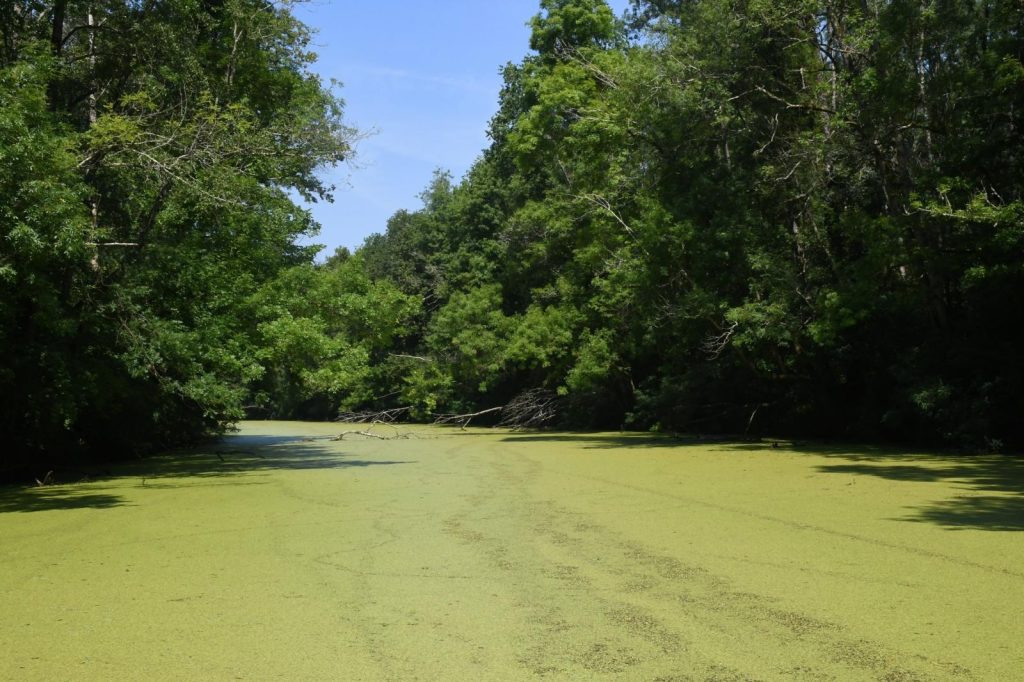The application, developed by the Economy and Sustainable Development Ministry, was presented to rangers and other staff working in protected areas located by the River Sava.
“The information system for invasive alien species provides existing information on alien species in Croatia in a single, publicly available place. It will be updated, which is why the application has been developed, to enable citizens to report their observations,” said Ana Ješovnik of the Office for Alien Species of the Institute for Environment and Nature Protection at the Economy and Sustainable Development Ministry.
“This system will help monitor not only the number and appearance of invasive alien species but also trends in their expansion, and it will also improve management planning to prevent their harmful effect on biodiversity,” she said.
Sandra Slivar of the Office for Alien Species underlined the importance of rangers who are among the first to spot the appearance and spreading of an invasive alien species. Their input, she said, helps plan the protection of protected species and habitats.
The European Union has compiled a list of invasive species, and on that list of 66 animal and plant species, 24 have been reported in Croatia.
Burdock, desert false indigo among invasive species in Lonjsko Polje
Among the dozen invasive species that have been identified in the Lonjsko Polje Nature Park, the most important ones are burdock, goldenrods, wild cucumber, and desert false indigo, which in the past 30 years or so has spread over most of the marshes in the park, or around 5,000 hectares of land, and the park management has so far revitalized around 600 hectares of land through donations.
“The Lonjsko Polje Nature Park has been battling invasive alien species for years. Participation in the Sava TIES project in the past three years has helped do a lot in the field of research, improvement of the legislative framework as well as in raising the level of interdepartmental and cross-border cooperation,” the park’s director, Marija Kušmiš, said.
Invasive alien species have a negative effect on biodiversity and eco-systems and some of them jeopardize the economy as well as human health, she said.
The spreading of invasive alien species reduces the area of marsh habitats of many strictly protected animal and plant species, it was said.
For more news about everything made in Croatia, be sure to visit our dedicated section.












